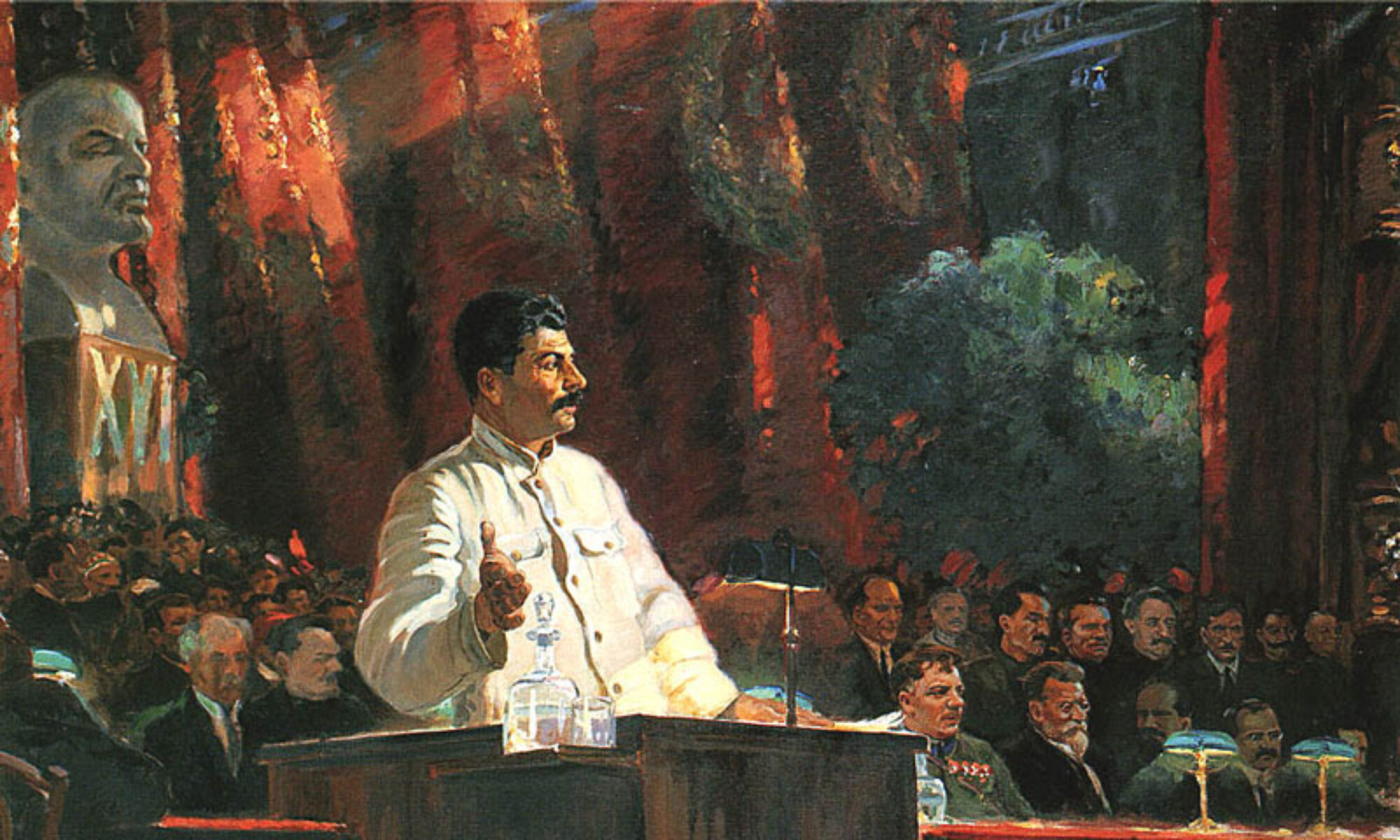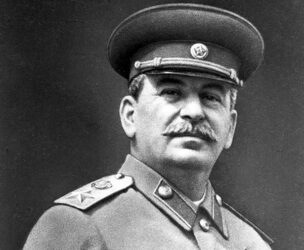Throughout the entire story, Pavel has to endure numerous injuries, but of course, in the end he always survives the injuries as a common theme. Nothing can slow him down. Throughout the story, we have quotes like “with a heavy heart, Pavel had left the railway workshops. Leaning on a stick, he could only move slowly, for every step caused him excruciating pain” (Ostrovsky 439). He overcomes illness every few pages and from today’s viewpoint, it is kind of exhausting to read. However, this is an excellent push for the people of Russia at the time to keep pushing their limits when it came to labor. If any impressionable people read this, they will simply strive to become Pavel and everything he represents.
On the other hand, what does this show of the Soviet Union? Where a person, hardly in his 20s is crippled by labor? Russia is known for the size of their population, especially when it comes to war. They do not have to worry about sending troops in not optimal conditions because there will always be another troop ready to do.
Is this kind of propaganda still applicable to Russia today? Is it maybe even a hero’s tale that we share here today?

